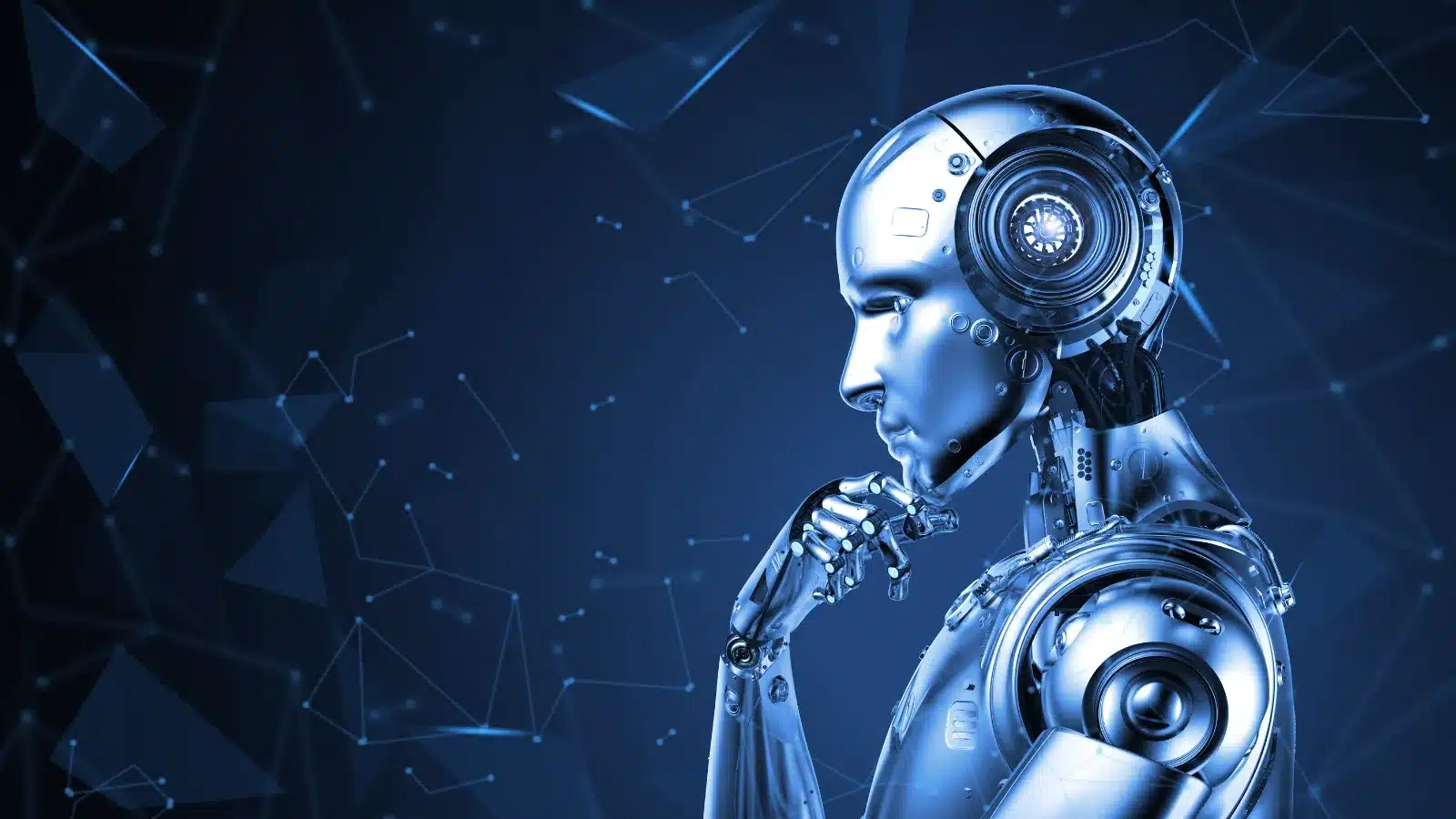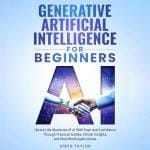
Artificial intelligence (AI) is a buzzword that has been gaining popularity in recent years. From self-driving cars to virtual assistants, AI technology is becoming more and more integrated into our daily lives. But what exactly is AI, and how does it work? In this article, we will explore the basics of artificial intelligence technology and its various applications.
What is Artificial Intelligence?
Artificial intelligence is a branch of computer science that focuses on creating intelligent machines that can think and act like humans. It involves the development of algorithms and computer programs that can perform tasks that typically require human intelligence, such as problem-solving, decision-making, and language understanding.
Types of Artificial Intelligence
There are three main types of artificial intelligence: narrow or weak AI, general or strong AI, and artificial superintelligence.
Narrow AI is the most common type of AI and is designed to perform a specific task, such as playing chess or recognizing speech. It is limited to the specific task it was programmed for and cannot perform tasks outside of its scope.
General AI, on the other hand, is a more advanced form of AI that can perform a wide range of tasks and think like a human. It is not limited to a specific task and can adapt to new situations and learn from experience.
Artificial superintelligence is a hypothetical form of AI that surpasses human intelligence and can perform tasks that are beyond human capabilities. This type of AI is still in the realm of science fiction and has not yet been achieved.
How Does Artificial Intelligence Work?
Artificial intelligence works by using algorithms and data to make decisions and perform tasks. These algorithms are designed to mimic the way the human brain processes information and learns from experience.
Machine Learning
Machine learning is a subset of AI that involves training algorithms on large datasets to make predictions or decisions without being explicitly programmed to do so. This allows the algorithm to learn and improve its performance over time.
Deep Learning
Deep learning is a type of machine learning that uses artificial neural networks to process and analyze data. These networks are modeled after the structure of the human brain and are capable of learning and making decisions based on large amounts of data.
Applications of Artificial Intelligence
Artificial intelligence has a wide range of applications in various industries, including healthcare, finance, transportation, and more. Let’s take a closer look at some of the most common applications of AI.
Virtual Assistants

Virtual assistants, such as Siri, Alexa, and Google Assistant, are examples of narrow AI that can understand and respond to human voice commands. They can perform tasks such as setting reminders, playing music, and answering questions.
Self-Driving Cars
Self-driving cars use AI technology, such as computer vision and machine learning, to navigate and make decisions on the road. They can detect and respond to traffic signals, pedestrians, and other vehicles, making them a safer and more efficient mode of transportation.
Healthcare
AI technology is also being used in the healthcare industry to improve patient care and outcomes. For example, AI-powered chatbots can assist patients with scheduling appointments and answering medical questions. AI algorithms can also analyze medical images and help doctors make more accurate diagnoses.
Fraud Detection
Banks and financial institutions use AI technology to detect and prevent fraud. AI algorithms can analyze large amounts of data and identify patterns that may indicate fraudulent activity, helping to protect customers’ financial information.
Natural Language Processing
Natural language processing (NLP) is a branch of AI that focuses on understanding and processing human language. NLP is used in applications such as chatbots, virtual assistants, and language translation tools.
Challenges and Controversies Surrounding Artificial Intelligence
While AI technology has many potential benefits, it also comes with its own set of challenges and controversies.
Job Displacement
One of the main concerns surrounding AI is the potential displacement of jobs. As AI technology becomes more advanced, it may replace human workers in certain industries, leading to job loss and economic disruption.
Bias and Ethics
AI algorithms are only as unbiased as the data they are trained on. If the data used to train an AI algorithm is biased, the algorithm itself will also be biased. This can lead to discriminatory outcomes and ethical concerns.
Privacy and Security
As AI technology becomes more integrated into our daily lives, there are concerns about privacy and security. AI algorithms can collect and analyze large amounts of data, raising concerns about how this data is used and protected.
The Future of Artificial Intelligence
The field of artificial intelligence is constantly evolving, and the possibilities for its future are endless. Some experts predict that AI will continue to advance and eventually surpass human intelligence, while others believe that AI will never be able to fully replicate human intelligence.
Artificial Intelligence Tickets

One potential application of AI in the future is the use of AI-powered tickets. These tickets would use facial recognition technology to identify individuals and grant them access to events or transportation without the need for physical tickets.
Artificial Intelligence Remove Clothes
Another controversial application of AI is the use of deep learning algorithms to remove clothing from images. While this technology has been used for entertainment purposes, it also raises concerns about privacy and consent.
Conclusion
Artificial intelligence is a rapidly advancing field with many potential applications and benefits. From virtual assistants to self-driving cars, AI technology is already changing the way we live and work. However, it also comes with its own set of challenges and controversies that must be addressed as the technology continues to evolve. As we look to the future, it will be important to consider the ethical implications of AI and ensure that it is used for the greater good.









Leave a Comment
You must be logged in to post a comment